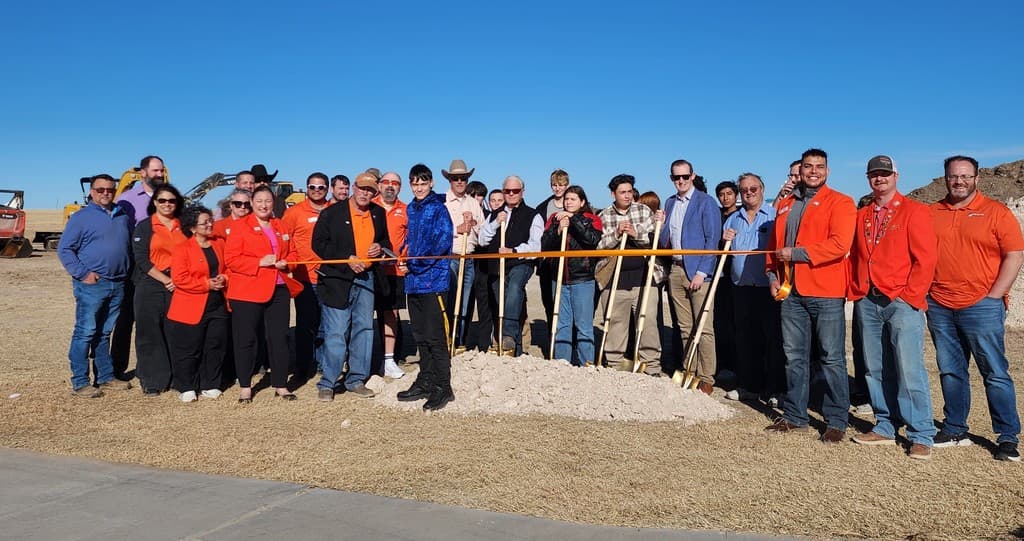Seaboard Foods Opens Scholarship Window, Offers 65 Local Awards
Seaboard Foods opened its 2025 scholarship application window in mid November and will award 65 one thousand dollar scholarships to students tied to its communities and workforce. The program could provide modest but tangible help for Texas County students planning full time higher education in 2026, and officials urge eligible applicants to apply by the January deadline.
Seaboard Foods announced in mid November that it had opened applications for its 2025 scholarship program, offering a total of 65 awards of one thousand dollars each to support students entering higher education in the 2026 academic year. The program includes 40 community scholarships for graduating high school seniors who live in communities where Seaboard operates, and 25 scholarships reserved for children of Seaboard Foods employees. Applications were made available online and must be completed by January 15, 2026, with awards paid directly to recipients institutions at the start of the 2026 2027 school year.
The scholarships are available to students graduating in 2026 who plan to attend full time programs at four year colleges, two year community colleges, or technical schools for the 2026 2027 academic year. Seaboard Foods directed applicants to the company scholarship webpage for full program details and for the eligibility list of covered counties. Local students and guidance counselors in Texas County are being encouraged to check that list to confirm eligibility and to submit applications before the deadline.
While the award amount is modest, the timing and structure of these scholarships can matter for families facing rising tuition costs and living expenses. For many rural households in and around Texas County even a one thousand dollar award can offset essential costs such as textbooks, fees, transportation, or program materials that otherwise represent barriers to enrollment and persistence. By explicitly including technical and two year programs, the program also acknowledges the role of vocational training and allied health pathways in strengthening local workforces.
From a public health perspective, investments that expand access to postsecondary education can influence local health and economic outcomes over time. Training slots in nursing, medical technician programs, and other health related fields often begin at community and technical colleges. Greater access to education can help address local shortages of health workers, improve community resilience, and reduce long term disparities in access to care. For low income students and first generation college attendees, even small scholarships can increase the likelihood of enrollment and completion.
The program also touches on workforce equity. Reserving scholarships for children of employees may boost retention and opportunity within Seaboard Foods families, while the community awards aim to keep education dollars circulating in towns where the company operates. Residents who need guidance on eligibility or the application process can consult Seaboard Foods official scholarship webpage for the full list of covered counties and program rules well before the January 15 deadline.


